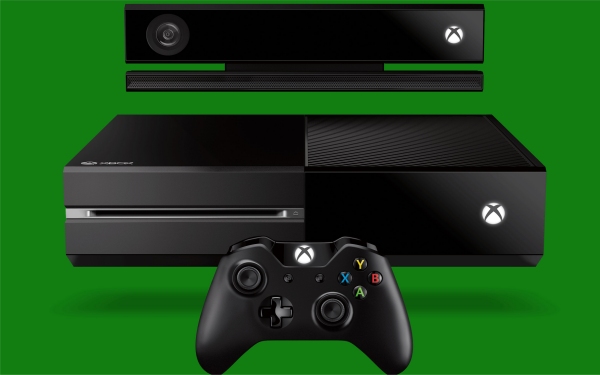Xbox One Parity Clause Is So Customers Don't Feel Second-Rate

There are a lot of tactics in business to keep the competition from getting a leg up on you. One of those tactics includes enacting a parity clause for independently produced games. Microsoft has setup the infamous clause for one main reason: so customers don't feel as if they're second-rate when buying the Xbox One.
In the article about the Xbox One getting custom themes, there was a brief mention about the parity clause that indie developers have to adhere to when releasing games on the Xbox One, but Phil Spencer actually had a very detailed response regarding the reasons as to why indie devs are beholden to the parity clause.
Eurogamer picked up a few more quotes from the near hour long podcast Phil Spencer had with The Inner Circle, where he discussed the explicit reason as to why Microsoft keeps the controversial launch parity clause in place, saying...
"I'll be honest, the thing I worry about is I look at all the people who buy an Xbox and invest their time and money in Xbox One," ... "Millions of people own Xbox One and I want those people to feel like they're first class, because they are."When a third party game comes out it comes out on all platforms at the same time. When indie games come out, I want them to come out and I want Xbox to to feel like it is a first class citizen when an indie game launches."
This supposed first-class aim has actually backfired on Microsoft a couple of times, as some indie studios simply don't have the resources or time to release games across every platform. What ended up happening in a lot of cases is that developers simply opt out of releasing their games at all on certain platforms... or in this case, the Xbox One.
If you think it's just a handful of developers, think again. Back in March of this year, it was revealed that Sony had more than 1,000 developers signed on, but Microsoft only had 250 registered to make games for the Xbox One. Sony has four times the amount of developers making indie titles over Microsoft, and that will play a huge part in the continually expanding library of games over the eighth generation.
Nevertheless, Spencer does want to work with the indie devs who aren't registered and don't feel comfortable with the parity clause, saying...
"For me the parity thing is, if you own Xbox One I want to work for you to make sure that when great content launches, if it's coming to Xbox One and another platform, you get it at the same time as everybody else does,”"I have a lot of friends who run small indie studios, and I get that timelines around when... they just can't get both games done at the same time or all 3 games, 4 games depending on how many platforms they're supporting,""So I [have been] just saying 'let's have a conversation', and it's worked. Today, I think we've done a good job working with the indies when they have had strict parity concerns if it's just a dev issue for them."
The launch parity isn't the only “parity” issue that Microsoft is facing. The company has also been pulled into an issue regarding spec parity. There has yet to be any hard evidence that this is something Microsoft is enforcing, but it's something that's made gamers in other camps very disgruntled at the potential trend that this issue could represent. The big difference between both cases, however, is that indie devs have a choice to simply not release their games on the Xbox One... AAA publishers don't really have that luxury.
Your Daily Blend of Entertainment News
Staff Writer at CinemaBlend.

